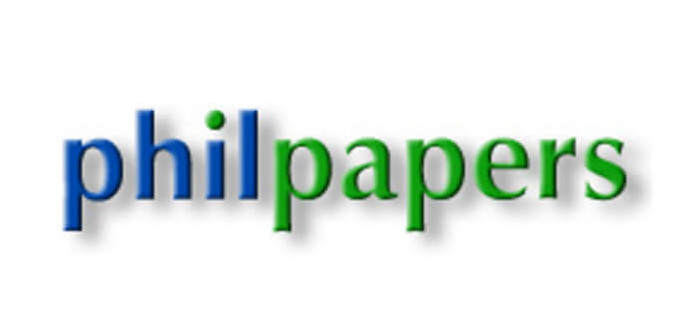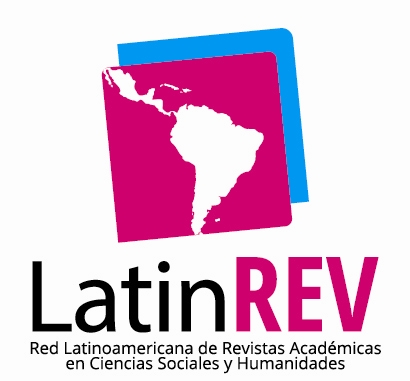DILEMMAS AND BREAKS IN THE SELFHOOD: THE PARADOX OVER THE PHILOSOPHICAL INQUIRY ABOUT THE QUESTION OF THE IDENTITY OF THE SELF
DOI:
https://doi.org/10.33975/disuq.vol1n1.97Keywords:
Identity, True, Objectivity, Knowledge, AnthropologyAbstract
We are immersed within a context where it is now senseless to talk about identity, so, incertitude and disconcert about the image of man reign. Hence, this growing cultural saturation has put in doubt all our presuppositions over the self, turning into something strange traditional relationships. Since not so long ago, all the traditional premises about the nature of the identity
have been put in doubt, as same as the traditional concepts of true, objectivity and knowledge, even more, the very idea of an individual entity endowed with certain mental properties, incarnated, with consciousness and subjectivity is taking the risk of disappearing from our cultural context. This means something worrying for our lives in common. In technical terms it would be called: dilemmas and breaks in the selfhood. Despite that apparently gloomy scene, one can assume that next to the above, many seem to take with fervency the new foreseen perspectives. Thus avoiding a sceptical point of view, one could accept Solzshenitsyn’s invitation to “go further” in the following anthropological stage; I would dare to reckon with Gevaert that “anthropological problems are imposed by themselves; they break in the existence and are posited by their own weight. It is not man who awake questions: it is man that turns itself problematic due to life and their conditions in which he/she is living. The existence by turning troublesome, requires answers and demands from us to choose a stand” (Gevaert, 1995: 14).















